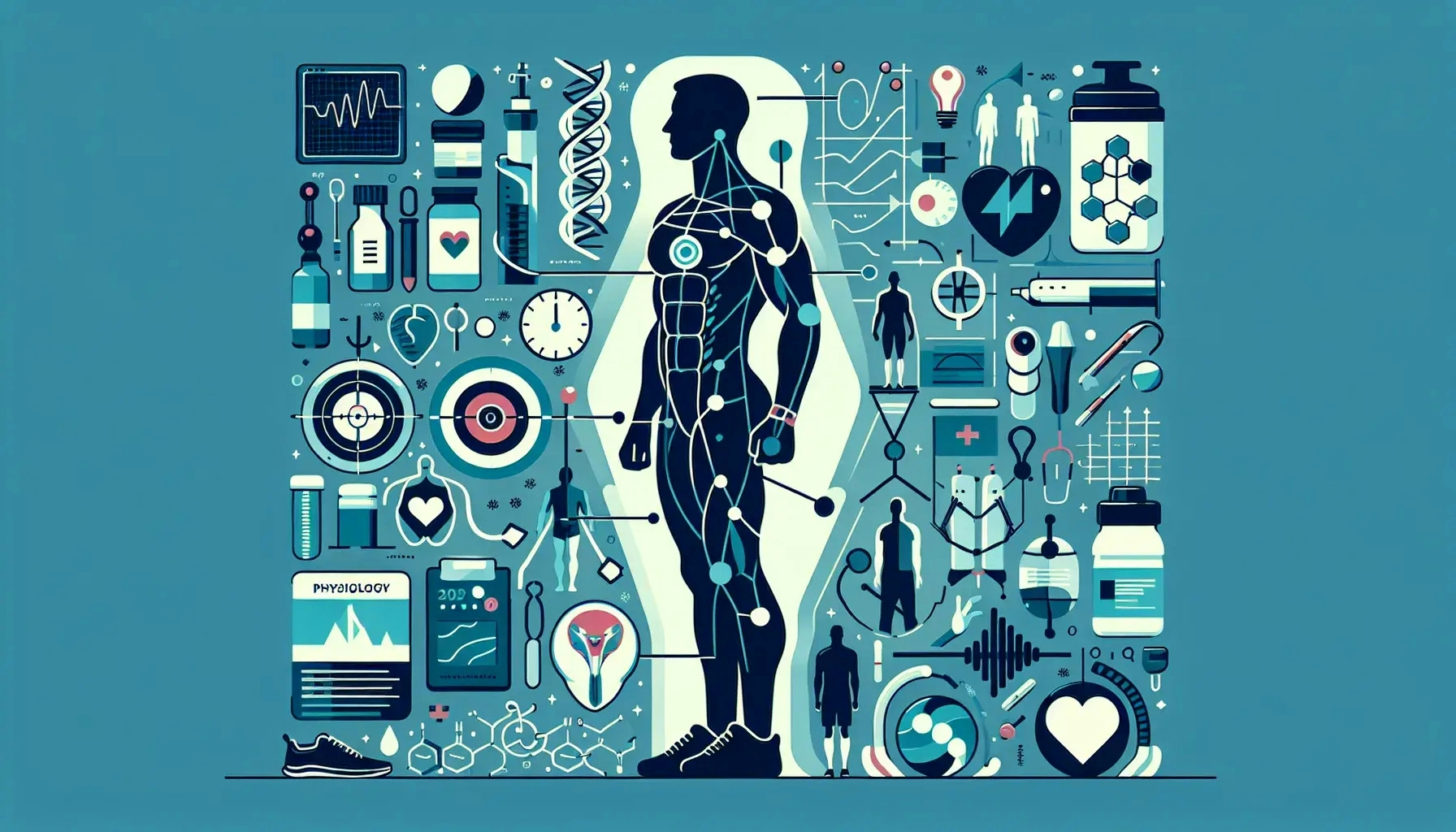Welcome to our deep dive into the world of sports medicine, where we will shed light on the pivotal role of physiologists. These professionals are the unsung heroes, working behind the scenes to enhance athletes' performance and recovery. Their expertise in understanding the human body's responses and adaptations to exercise and sports is invaluable. Let's embark on this journey to understand their significance in the sports medicine landscape.
The Physiology of Sports: An Overview
Sports physiology is a specialized branch of the physiological sciences that focuses on the human body's responses to physical activity and how it adapts over time. Physiologists play a key role in this field, studying how athletes' bodies function during exercise, particularly the respiratory, cardiovascular, and muscular systems.
Physiologists also delve into the science of how the body recovers from the stress of exercise. They examine how muscles repair and strengthen themselves after strenuous activity. This knowledge is crucial in sports medicine, as it helps in designing effective training programs and recovery strategies for athletes.
Moreover, physiologists contribute to the understanding of how nutrition and diet impact athletic performance. They study the effects of different foods and supplements on the body's energy systems, muscle growth, and recovery. This information is vital for athletes who need to maintain peak physical condition and recover quickly from injuries.
The Role of Physiologists in Training and Performance Enhancement
Physiologists play a significant role in enhancing athletes' performance. They work closely with coaches and trainers to develop training programs that maximize athletes' physical capabilities while minimizing the risk of injury.
Through their understanding of the body's responses to exercise, physiologists can determine the most effective training methods for each athlete. They can identify the optimal intensity and duration of workouts, the best types of exercises for specific sports, and the ideal balance between training and rest periods.
Physiologists also use their knowledge of nutrition to advise athletes on their diets. They can recommend the best foods and supplements to fuel the body for training and competition, and to aid in recovery after exercise.
Furthermore, physiologists use various testing methods to monitor athletes' progress and adjust their training programs as needed. These tests can measure factors such as muscle strength, endurance, flexibility, and body composition.
Physiologists and Injury Prevention
Injury prevention is a crucial aspect of sports medicine where physiologists make significant contributions. They use their understanding of the body's responses to exercise to identify potential risks and develop strategies to prevent injuries.
For instance, physiologists can help design training programs that strengthen the muscles and tissues most prone to injury in specific sports. They can also advise on proper warm-up and cool-down routines to prepare the body for exercise and aid in recovery.
Moreover, physiologists can provide guidance on the correct techniques for different exercises and sports to minimize the risk of injury. They can also recommend appropriate equipment and protective gear.
In addition, physiologists play a role in the rehabilitation of injured athletes. They can design and oversee exercise programs that promote healing and help athletes regain their strength and mobility.
The Role of Physiologists in Research and Development
Physiologists are also involved in research and development in the field of sports medicine. They conduct studies to explore new ways to enhance athletic performance, prevent injuries, and promote recovery.
For example, physiologists may investigate the effects of different training methods, nutritional supplements, or recovery strategies. They may also study the impact of various factors, such as age, gender, and environmental conditions, on athletic performance.
The findings from these studies can lead to the development of new training techniques, dietary recommendations, and recovery protocols. They can also contribute to the design of better sports equipment and protective gear.
The Future of Sports Medicine: The Increasing Importance of Physiologists
As the field of sports medicine continues to evolve, the role of physiologists is becoming increasingly important. With the growing emphasis on evidence-based practice, their expertise in conducting research and interpreting scientific data is more valuable than ever.
Physiologists will also play a key role in addressing the challenges facing sports medicine in the future. These include the rising incidence of sports-related injuries, the increasing demands of high-performance sports, and the need for more personalized training and recovery strategies.
Furthermore, as our understanding of the human body and its responses to exercise continues to grow, physiologists will be at the forefront of translating this knowledge into practical applications for athletes.
The Impact of Physiologists on Athletes and Sports Medicine
The impact of physiologists on athletes and the field of sports medicine is profound. Their work helps athletes achieve their full potential, reduces the risk of injury, and aids in recovery.
Physiologists also contribute to the advancement of sports medicine through their research. Their findings can lead to new approaches to training, injury prevention, and rehabilitation.
Moreover, physiologists play a crucial role in promoting the health and well-being of athletes. They provide guidance on nutrition, stress management, and other aspects of lifestyle that can affect athletic performance and overall health.
The Indispensable Role of Physiologists in Sports Medicine: A Recap
In conclusion, physiologists play a vital role in sports medicine. They contribute to performance enhancement, injury prevention, and recovery. They also conduct research that drives the advancement of the field. As sports medicine continues to evolve, the role of physiologists will become even more important. Their expertise will be crucial in meeting the challenges of high-performance sports and promoting the health and well-being of athletes.

